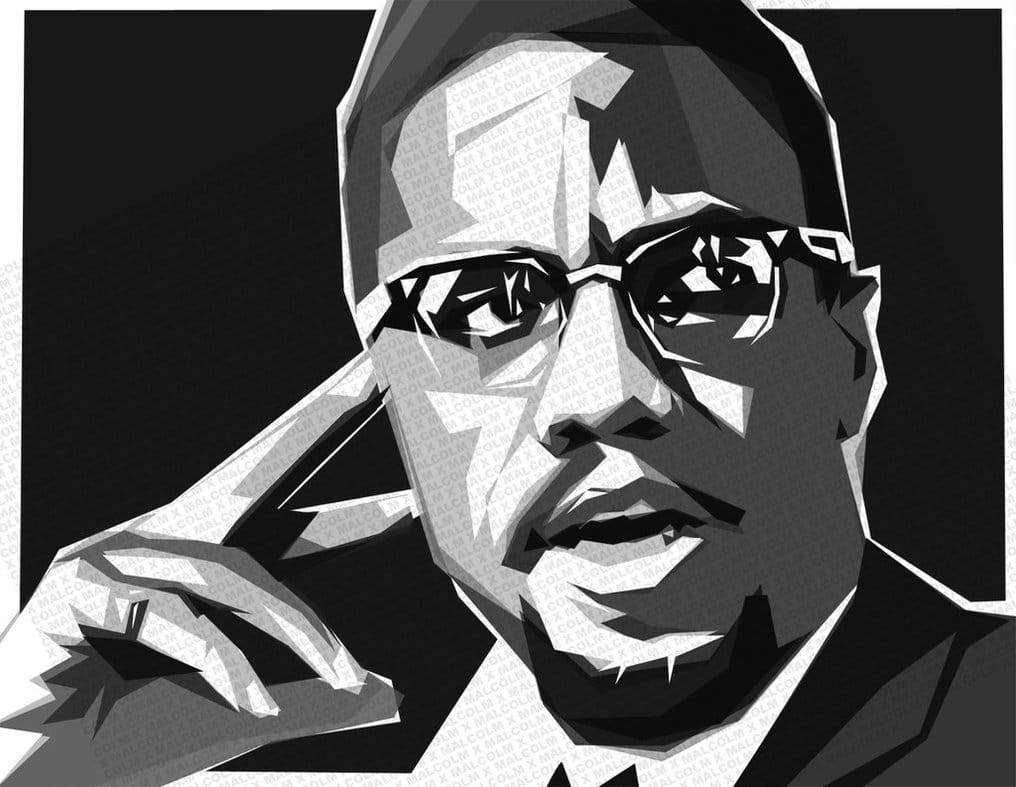By Andrew Hebert–
The annual book-in-common debate, held by the University of Louisville’s debate team, took place on Feb. 17 in the Chao Auditorium. This year’s book was “This I Believe,” a compilation of short essays from various people declaring their theories on life.
“The book-in-common is really about digging into important and difficult topics and having really good and interesting discussions about them,” First-Year Initiatives Director Christy Metzger said.
The debate team at U of L is known nationally for their unique debating style. Based off the ideas of Malcolm X, the team argues from a viewpoint of groups whose voice might otherwise not be heard. Program Assistant Mary Mudd described it as “an argument strategy that focuses on the marginalization of minorities.” Since implementing this style of debate in 2000, the team has been recognized nationally not only for their unique strategy, but also their performance.
Wednesday’s debate covered a “This I Believe” statement from Michael Mullane, a law professor at the University of Arkansas Fayetteville, called “The Rule of Law.” He argues the implementation of law is the paramount achievement of humanity.
The two debate participants, both team members, were De’Anna Benson and Mahogany Mayfield. Benson went first, agreeing with Mullane’s argument.
“In a world of anarchy, no one is safe,” Benson said. She went on to argue laws are needed in order to maintain order. “The legal system and the protections it offers to its parties are possible due to the rule of law. It is the fear of being caught, not the severity of the punishment, that deters criminals.” Benson also referenced statistical evidence from the University of Illinois and other analyses when defending her claim.
Mayfield took up the fight for the contrary position with a poem. Mayfield’s argument was the United States Constitution does not look out for minorities and did not take into account people of color when it was created.
“I seek for justice for all/but first we must do away with the law” Mayfield recited. Her testimony was forceful, with lines like, “See there is no such thing as equal protection/for having brown skin leads to the department of corrections.”
After the arguments from both participants, the audience was invited to offer rebuttals to either argument. Some audience member believed civil disobedience was pivotal for change in society but must be conducted within the restraints of the law. Another audience member said the law is just words held hostage by our own personal prejudices.
The event provided a look into the interesting way in which the Malcolm X Debate Team constructs arguments. Mayfield’s poem was untraditional while Benson’s presentation was straightforward and to the point. Next year’s book-in-common will be announced by First Year Initiatives next week.




